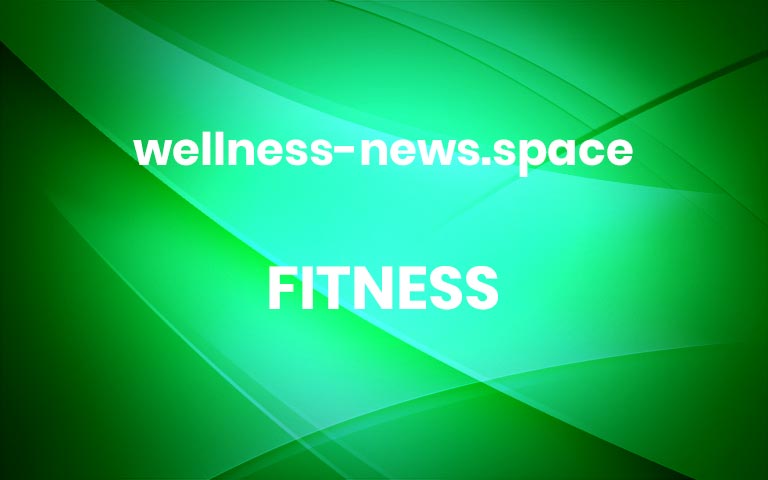4 Common Causes of Headaches after Workouts
Piercing pain at your temples, a throbbing ache in your forehead – we’ve all suffered the agony of headaches, and there are plenty of causes. Some of us are more likely to get them during or after exercise. Good to know:Headaches are divided into two types: primary and secondary. Primary headaches are triggered by exertion, tension, or not enough sleep. Secondary headaches, however, are a symptom of another more serious underlying condition like high blood pressure, an infection, substance withdrawal, or a stroke. In this article we’ll identify 4 common causes of headaches after exercise and tell you how to treat them and prevent them. We’ll also tell you whether exercise can trigger migraines.#1: Poor postureBad posture, stress, and poor form when you work out can cause tension, which can lead to headaches. Tension headaches are described as a constant ache that is usually felt on both sides of the head.(1)Headache preventionCheck your form during workouts and your posture throughout the day. Review these tips on proper running form and be aware of the most common mistakes made during bodyweight exercises. Try using heat, massage, or doing exercises to relieve neck pain to relax your muscles if you get a headache after workouts. #2: DehydrationWhether it’s from exercise or just not drinking enough fluids, dehydration is one of the most common causes of headaches. Calculate exactly how much water you should drink each day with our liquid requirement calculator. Headache preventionMake sure you are drinking enough throughout the day. To add variety, you can include special sports drinks that keep you hydrated and provide your body with important micronutrients. #3: Low blood sugarIt’s not just the headaches after exercise; you also feel weak, shaky, dizzy, and sometimes even nauseous? These symptoms indicate low blood sugar and depleted energy stores. Always ensure that your body has enough energy to work out. Headache preventionIf you notice the symptoms listed above when you’re exercising, you should take a break. You can refill your energy and increase your blood sugar by eating more carbohydrates. There are also a few foods that can trigger headaches and migraines or make them worse – usually in combination with other causes. Avoid these potential headache triggers (2): alcohol (especially wine or beer) chocolatecaffeinaged cheesefoods high inmonosodium glutamateartificial sweetenersand preservatives like nitrates or nitrites #4: Exercise headachesPrimary headaches caused by strenuous physical activity are called exertional or exercise headaches. These are described as throbbing, migraine-like pain across the whole head (bilateral headaches) and last between 5 minutes and 48 hours. (3, 4) An extreme exercise headache can also cause vomiting and vision problems. It’s important to take exercise-induced headaches seriously. Headache preventionExercise headaches often develop if you skip your warm up, your workout is too strenuous, or it’s too hot. These might also occur when you are at high altitudes, like on a tough hike in the mountains. One way to prevent exercise headaches is to reduce the intensity of your workouts. These tips for running in the summer can help you cope with the heat and avoid dehydration. Important:If headaches last for days or if there are more days in a month with headaches than without, you should consult a specialist. A medical professional can check whether you are suffering from primary or secondary headaches, which may be caused by an underlying condition. Can exercise trigger migraines?First of all, research on the connection between migraines and exercise is not yet as extensive as it could be. However, there are studies which show that migraineurs (people who frequently suffer from migraines) can experience exercise-triggered migraines. It is believed that the exertional headaches and tension headaches mentioned above are more likely to lead to a migraine.(5) If you are at risk of migraines, it is even more important that you prevent the 4 causes of headaches after exercise. The good news: studies also show that regular exercise can help prevent migraines or at least reduce the intensity of the pain. This is thanks to the endorphins produced during sports. (6, 7)TakeawayBefore you start working out, make sure you are hydrated and your energy stores are full. Pay attention to your form and good posture while exercising. If you have a bad headache combined with dizziness, nausea, shakiness and/or vomiting, take a break immediately and consult your physician. The same applies for headaches that last several days.*** More


